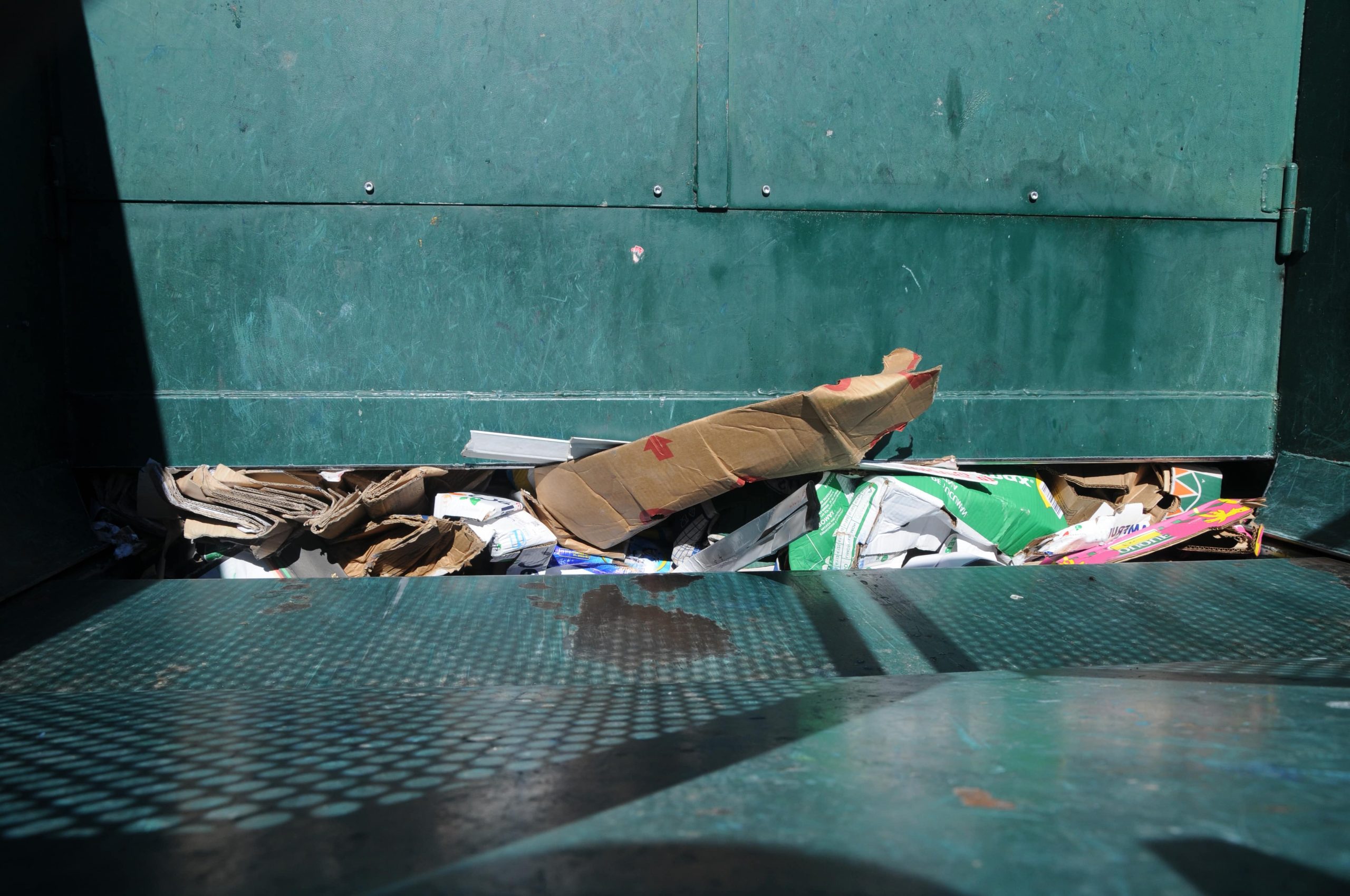
Items To NEVER Put In Your Commercial Compactor
Having a commercial trash compactor at your facility is a great thing for so many reasons. For starters, you can’t beat the convenience. It also saves you money. Even if you’re renting the bin and paying for removal services, you don’t have to spend time and money on the collection, storage, and transport.
After you have the compactor at your site, though, you have to take care of it properly. As big and stout as it may be, misuse can still cause damage and/or inconvenience.
Although there are lots of things that can go into your commercial compactor, there are also some things that should never go into it. If they do, they can cause problems, and not just for the equipment.
Here, we’re going to focus on 5 of those things. So here are things you should never put into a commercial trash compactor:
Body Parts!
We’re putting this first because it should be first and foremost.
No, we’re not channeling the famous wood chipper scene from Fargo! If you’re looking for tips about how to dispose of other people’s bodies, you’ve come to the wrong place!
However, we are talking about your body parts and those of the people who work with you. When working with machines, it’s not uncommon to want to reach in to grab or free something that might be stuck. Most of the time and compactors are no exception, that’s a pretty terrible idea.
Unless losing a hand or arm sounds fun to you, please don’t ever stick one inside the machinery. If you have to go in, make sure it is turned off and the key is removed.
Aerosol Sprays
Explosions are usually not welcome, right? The contents inside aerosol sprays are highly compressed. They’re so compressed that it doesn’t take much additional pressure to make them explode. Instead of tossing these into a compactor, look into better and safer ways to dispose of them.
Batteries
When a battery goes dead, you just toss it into the trash, right? It’s quick and easy.
Well, that’s bad advice. The inside of a battery is a highly toxic place, which is why you should always take dead batteries to a site that properly recycles or disposes of them. If you put them into your compactor, the toxic elements can contaminate it and also find their way into our grounds and waters.
Flammable Items
If something is potentially flammable or explosive, you don’t want to put it into a compactor. Doing so creates a risk of igniting other flammable materials, damaging the equipment, or harming anyone close by. If crushed, they can explode and start a fire.
Liquids
Can liquids damage the equipment? Actually, that’s highly unlikely.
What’s more likely, though, is that they’ll get spread around and eventually create a really bad stink. That’s why it’s better to just avoid disposing of liquids in compactors even though compactors can handle them.
If this advice has come too late and you have a compactor that’s dirty or smells bad, contact the company you rented or bought from to find out what cleaning options there are.
